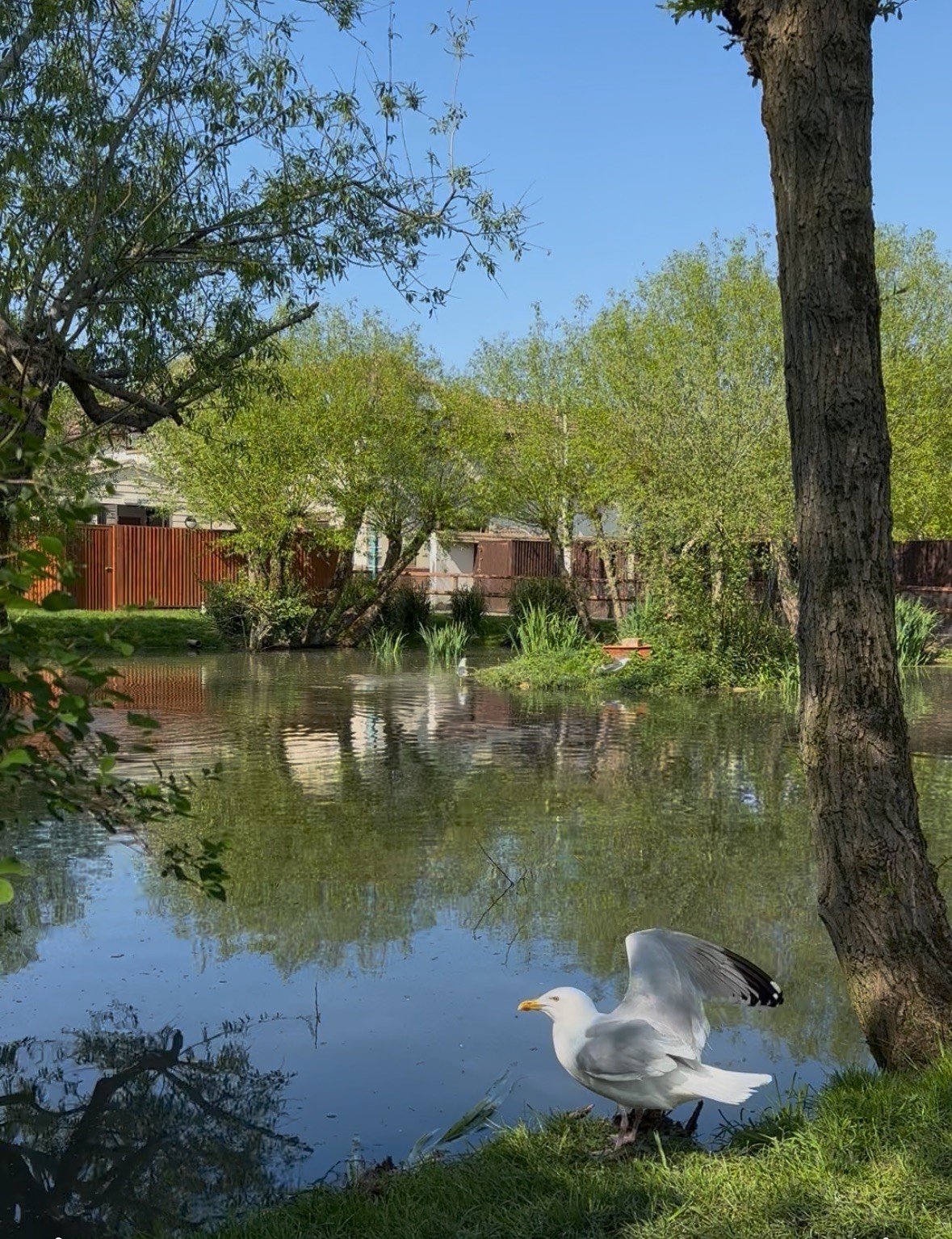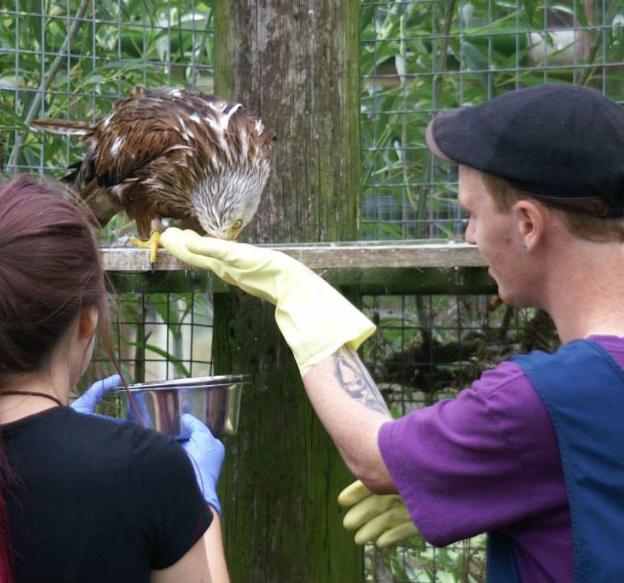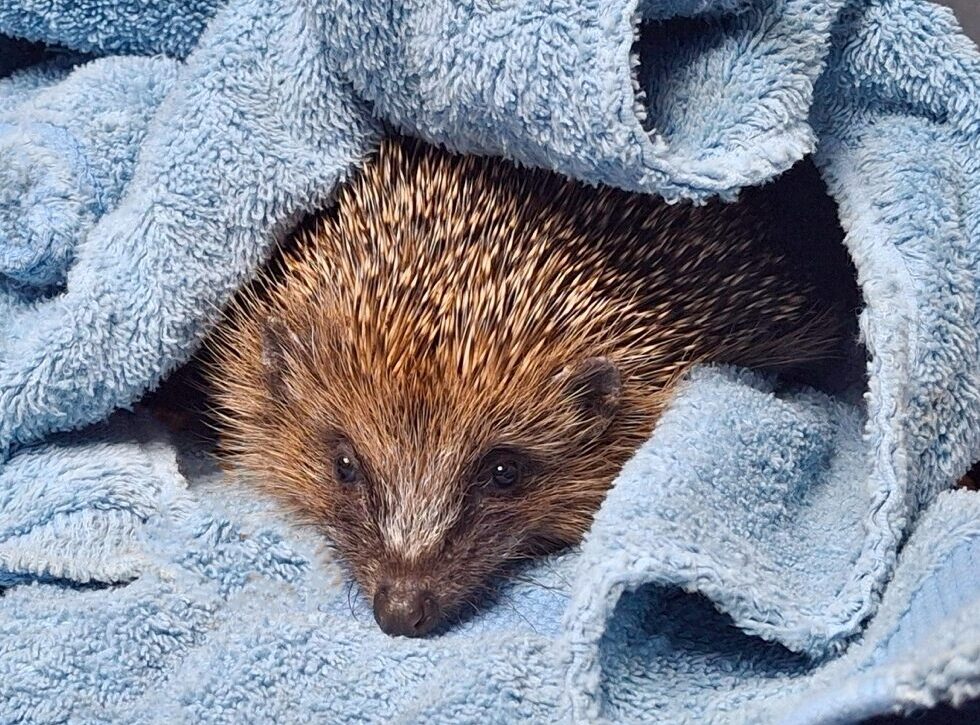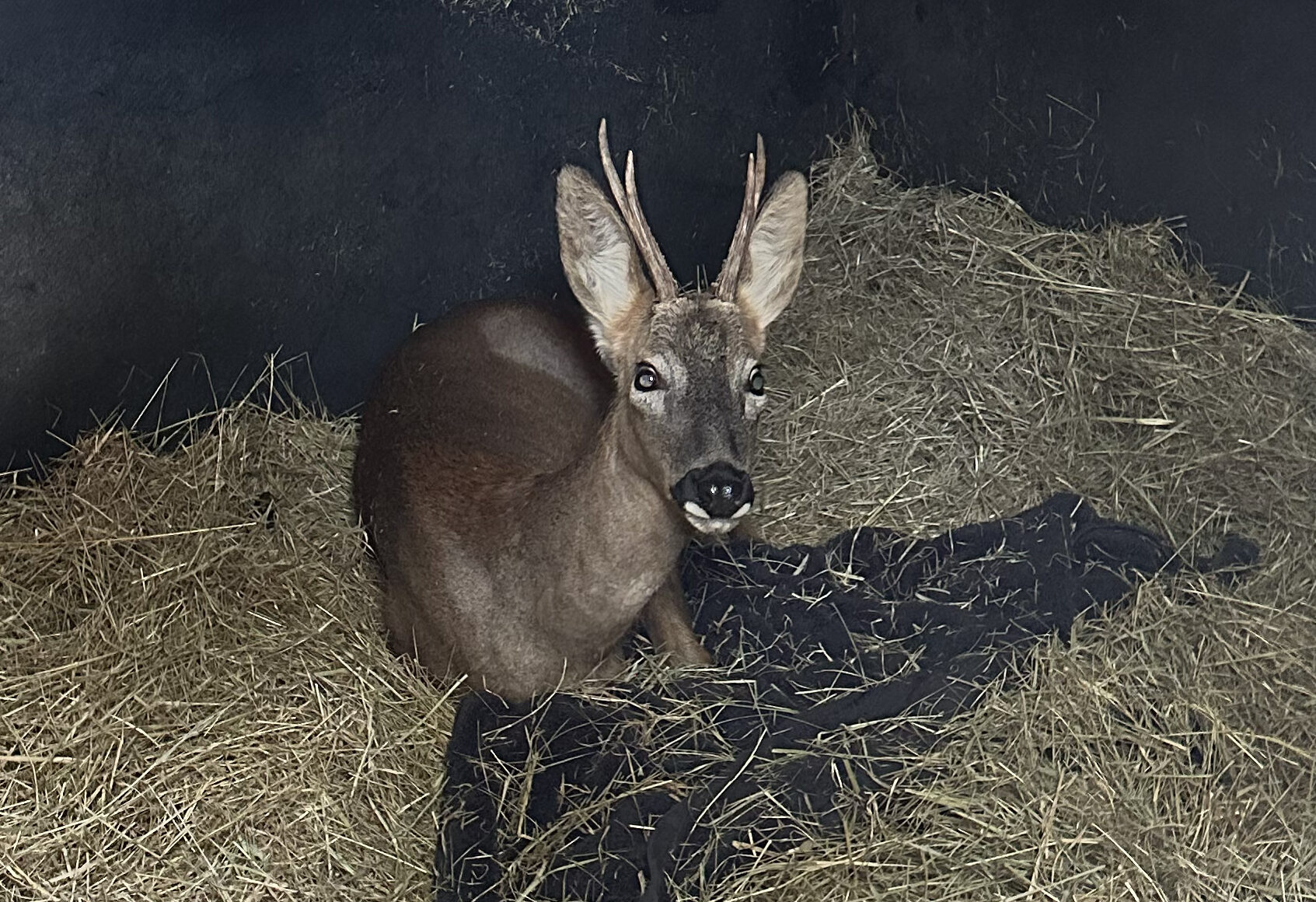24-Hour Emergency Helpline 01844 292292
At Tiggywinkles we believe every creature matters
Tiggywinkles is a free wildlife hospital and one of the busiest, most advanced centres of its kind in the world.
Founded more than 40 years ago by the Stocker family in their back garden, we have now treated almost 500,000 wild patients. What began as a small local rescue has grown into a world-leading hospital dedicated to saving British wildlife.
Using the latest veterinary technology and facilities, our expert wildlife nurses and specialist veterinary surgeons deliver exceptional care, innovative treatments, and round-the-clock compassion. Our team has pioneered many of the techniques now used in wildlife medicine across the globe, sharing knowledge and expertise to improve standards of care worldwide.
Everything we do has one clear purpose: to rehabilitate and return every possible patient back to the wild — where they belong.
Donate today and help
us continue our work
By donating to Tiggywinkles, you will be helping us provide life-saving treatment and care to all species of British Wildlife. Any amount you can give will help change the lives of the thousands of animals we care for each year.







